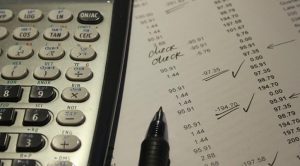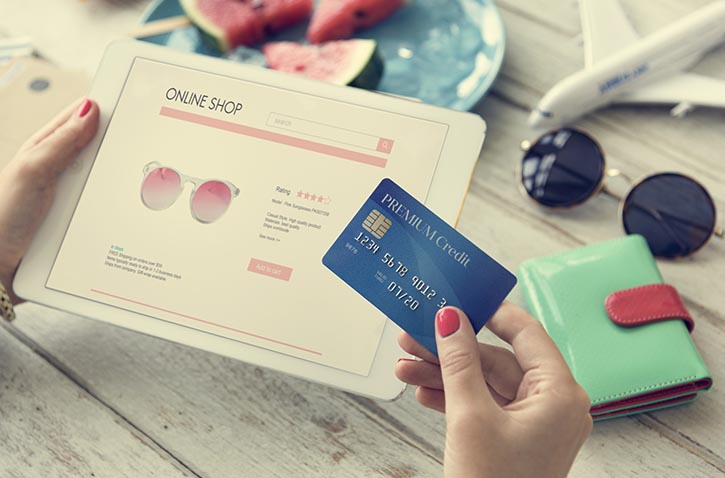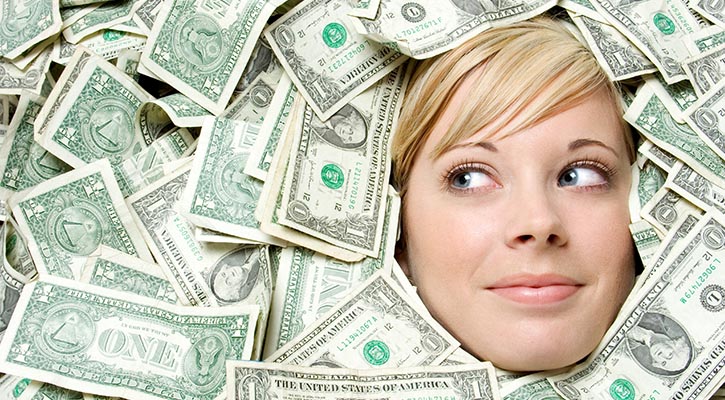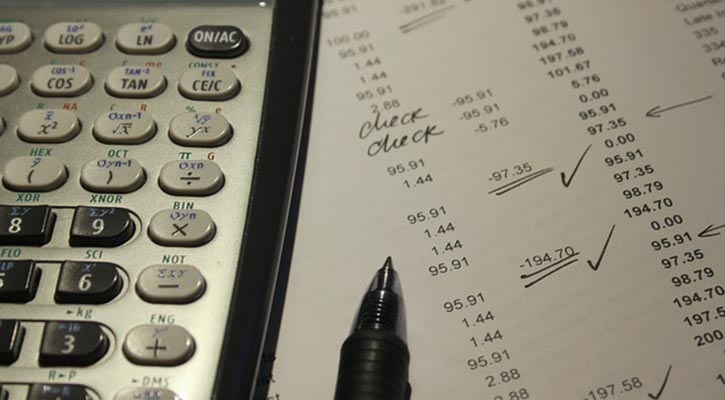
Getting a credit card can be exciting. But don’t confuse credit with “free money,” because that’s not what this is at all. Credit cards give you credit on purchases before you pay cash, but at a price. And, that price is usually a ridiculously high interest rate. Follow these credit card do’s and don’ts to avoid falling into a pit of debt from misusing your card.
Don’t pay off your card each time you make a purchase.
Using this practice will not do you any good with a credit card – you may as well continue using cash or a debit card for all of your purchases. You want to pay your statement balance every month, not put cash back towards your credit card each time you make a purchase. The only way to really build your credit is if the banks and credit bureaus are able to see a statement balance on your card.
Do pay off your statement balance each month.
You want to have a statement balance each month. You do not ever – I repeat, ever – want to keep an ongoing balance on your credit card. Even with a lower rate, like 14% (which is a low interest rate when it comes to credit cards), a $200 balance is going to add on $2.40 per month to your balance, just in interest. A $2,000 balance will tack on an extra $24 per month in interest. Imagine how high your balance can get at that rate. Every time you get your statement, pay off your full statement balance, not just the minimum payment due.
Don’t use your card for purchases you can’t afford to pay off.
The only way to ensure that you don’t keep an ongoing balance every month is to only use your card for purchases that you can afford to pay off. This way, you can always pay your statement balance without any issues and without racking up any interest.
If you need to apply for a credit card to pay for an emergency high-dollar item, then make sure that you apply for one that offers an introductory 0% APR and pay off the entire balance before the 0% APR runs out. Otherwise, keep your credit card spending under control. Create a budget or leave your credit card at home while shopping, if need be.
Do make your payments on time.
One of the biggest factors affecting your credit score and determining your creditworthiness is your ability to make your payments on time. If you fail to make your payments on time, you’re less likely to get approved for other credit cards or loans in the future. If you wait an excessive amount of time to pay your bill, then it could get sent to collections and put an even harder hit on your credit report.
Don’t fall victim to your credit card’s “free money” appeal. It can only land you in bigger financial trouble later. Use your credit card wisely and only to help build your credit.
















